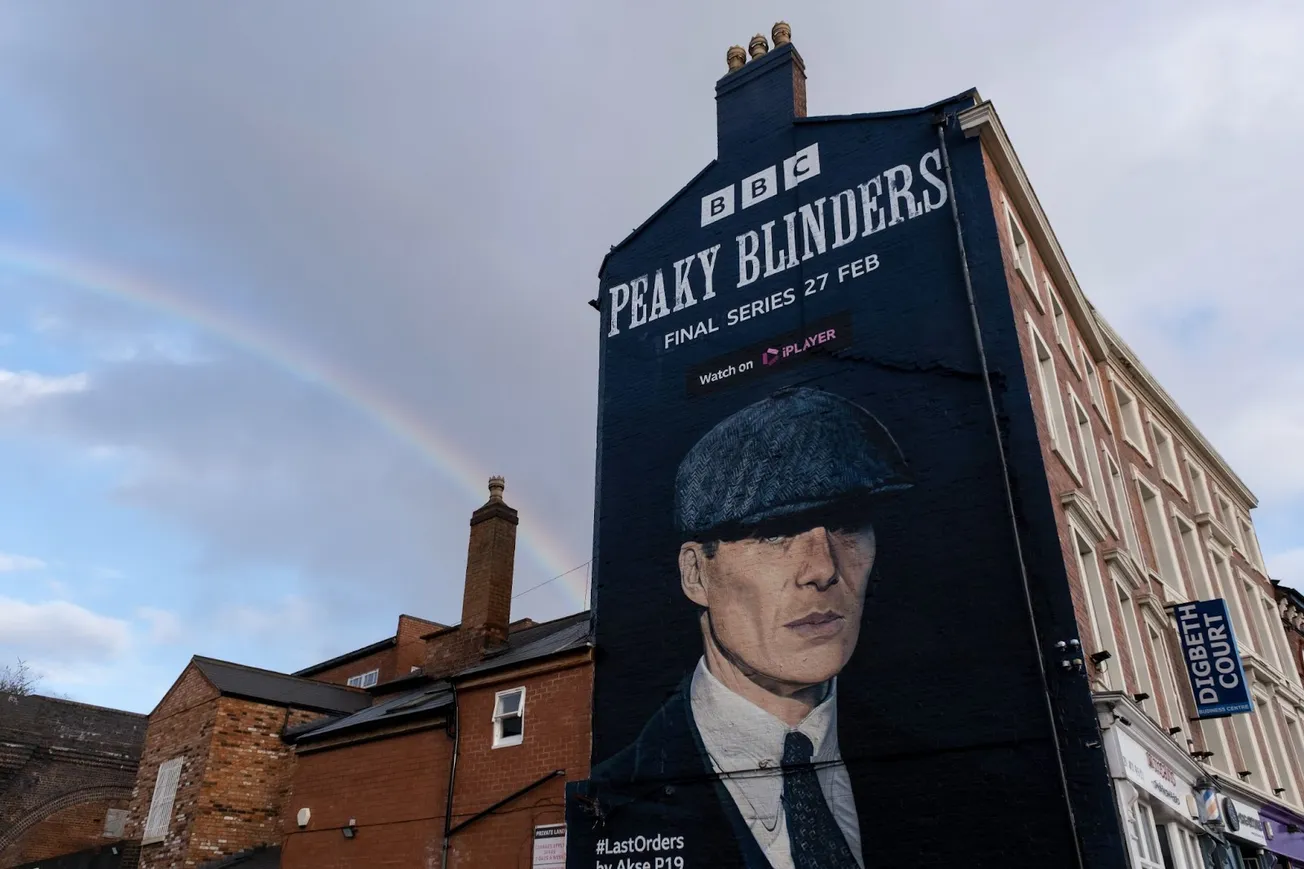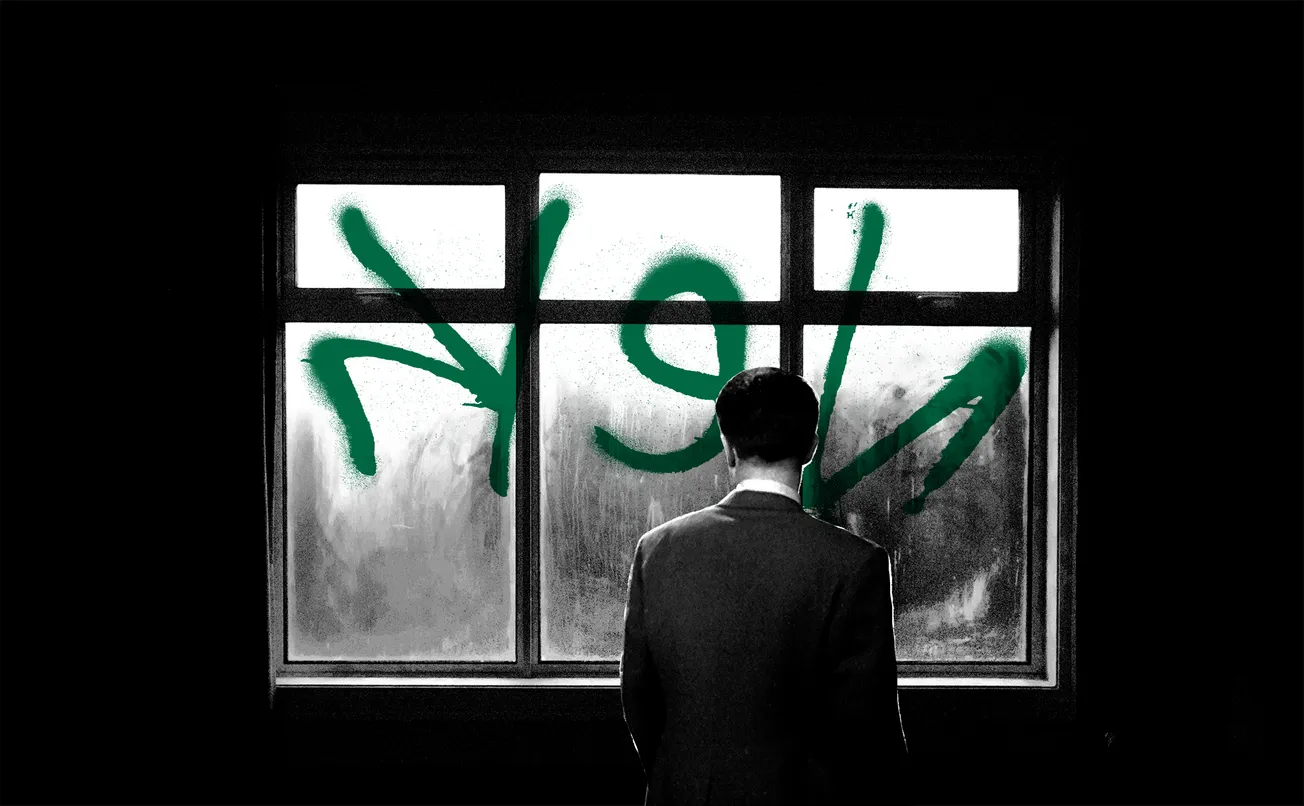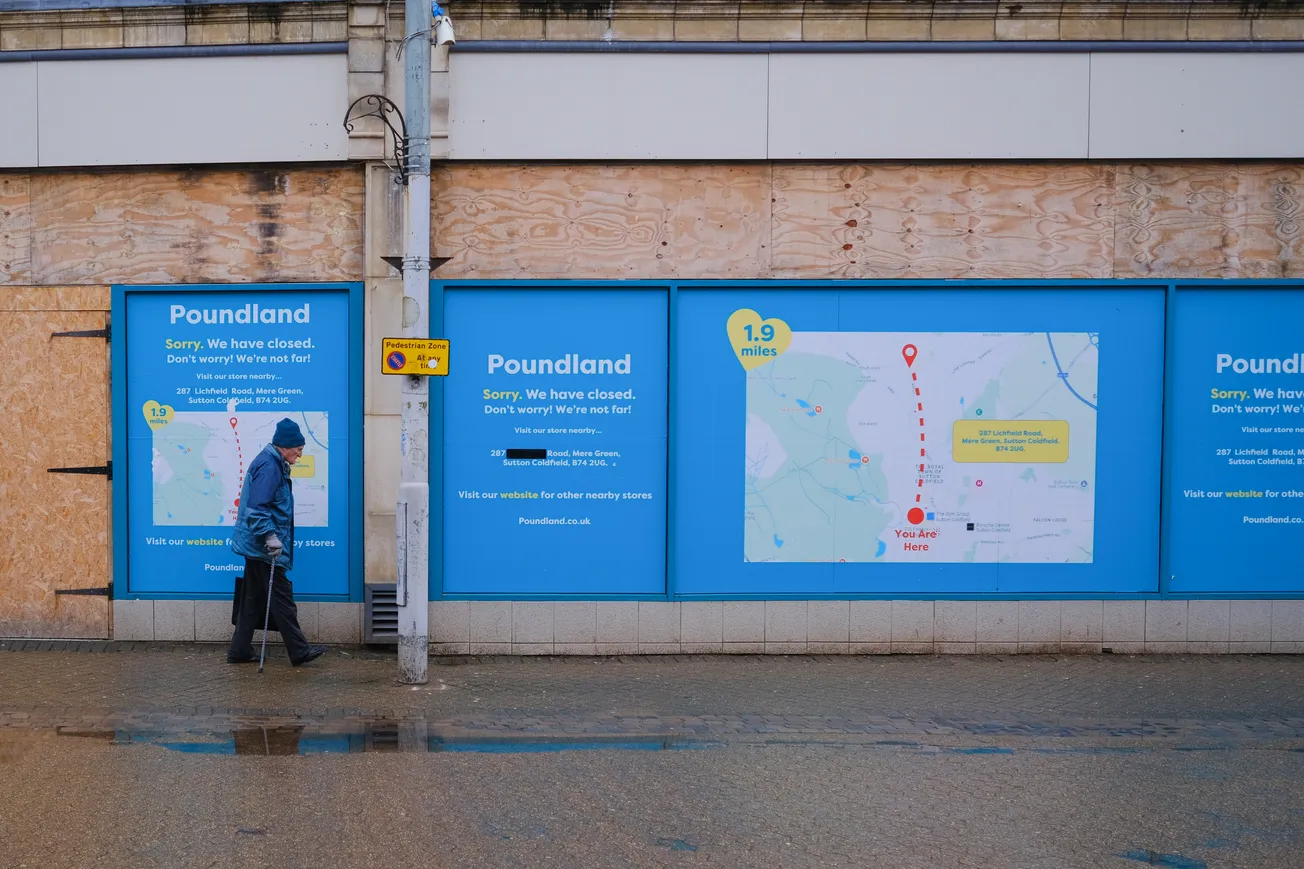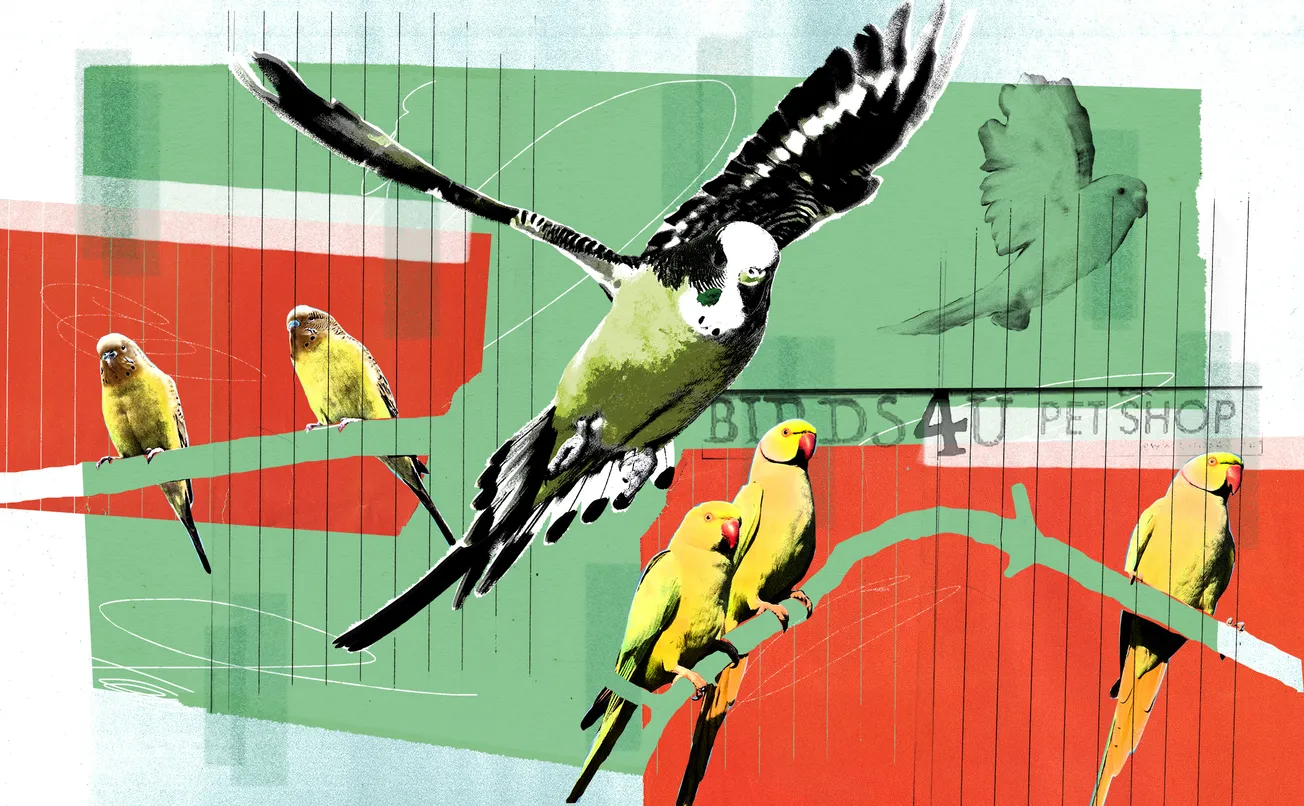Dear readers — when Lauren O’Neill was eight years old she stumbled upon something truly unfathomable: in the soap gossip pages of the daily newspaper her parents bought was a survey ranking the “least sexy” UK accents. Birmingham was near the top of the list.
To an eight-year-old from Tyseley, this was shocking stuff, but to almost anyone else, less so. Over the years the Brummie accent has been routinely mocked, disregarded or ranked insultingly by the UK’s soap-watching public. But change is afoot. The accent is gaining ground. Whether that’s solely down to the efforts of Jack Grealish and Tommy Shelby or if something else is at play here isn’t yet clear. In today’s piece, Lauren investigates the Birmaissance…
Editor’s note: Lauren has written for The Guardian, Rolling Stone, Vogue and many, many other places but this is the first time her words grace the esteemed pages of The Dispatch. It’s great to have her. This piece is paywalled partway down, meaning non-members can enjoy the first few paragraphs, but no more! That’s because our model is reader-funded; to keep growing and delivering the kind of journalism Birmingham and the West Midlands deserve, we need more and more of you supporting us. Hit the button below to come on board.
By Lauren O’Neill
Growing up in Tyseley in the late 1990s and 2000s, I never really thought about the way I spoke. Why would I? Raised by Brummie parents, and Irish and Italian grandparents, my fledgling accent, peppered with a bit of Dublin phrasing — ”Jaysus” I’d say, before inevitably being told off for ‘cursing’, the Birmingham “a” round in my mouth like a gobstopper — didn’t have much effect on me or how I viewed myself.
One day, though, when I was about eight years old, that changed. On my daily flick through the newspaper (my siblings are a lot younger than me, so for a long time I was a precocious only child whose main hobby was watching Coronation Street with the grown-ups in the house; naturally I enjoyed the soap gossip pages from a young age), my attention was caught by one of those general interest features that papers pop into a corner when news is slow. It concerned a recent survey on the “dumbest sounding” and “least sexy” UK accents. The Birmingham accent, you will not be surprised to learn, was near the top of both of these lists.
I distinctly remember feeling put out about it. In hindsight, this was probably the first time I realised that people judged others based not just on what they said, but the way that they spoke, too. This is obviously a lesson that most of us learn sooner or later, but the Birmingham accent does tend to get a particularly rough ride of it. Even though we speak the native tongue of J.R.R. Tolkien, Julie Walters and Judas Priest, to outsiders, the main perception of the accent — with its flat, wide vowels and in-between, neither-north-nor-south intonation — has historically been one of “stupidity”.

That’s classist nonsense, of course. Yet when I started to work on this article, most of the discerning Brummies that I canvassed felt the same, which is hardly surprising, given what was reflected culturally when I was a child. If I think back now, it was rare to hear Brummies outside of local media. You might see Frank Skinner, Jasper Carrott and Ozzy Osbourne on telly and that was about it.
This has changed now. Over the last ten years or so, we’ve started to hear our much-maligned accent in the cultural conversation. These days, it’s not unusual for a Birmingham-born footballer to give an interview after an England match, or to flick on the TV and be greeted by a presenter speaking like someone who’d serve you in The Square Peg. I love hearing people who talk like me speaking publicly, so this re-emergence — call it a “Birmaissance” (sorry) — is great news.
At the same time, the fact that it is happening so much now, compared with 20 years ago, also makes me wonder why. Has the success of Peaky Blinders and the mainstreaming of famous Brummies like Jack Grealish, Alison Hammond and Joe Lycett meant that wider perceptions of the Birmingham accent has changed in any real way? If so, how? And, more importantly: should those of us that speak with it even be bothered what people think?

Birmingham deserves great journalism. You can help make it happen.
You're halfway there, the rest of the story is behind this paywall. Join the Dispatch for full access to local news that matters, just £8/month.
SubscribeAlready have an account? Sign In







